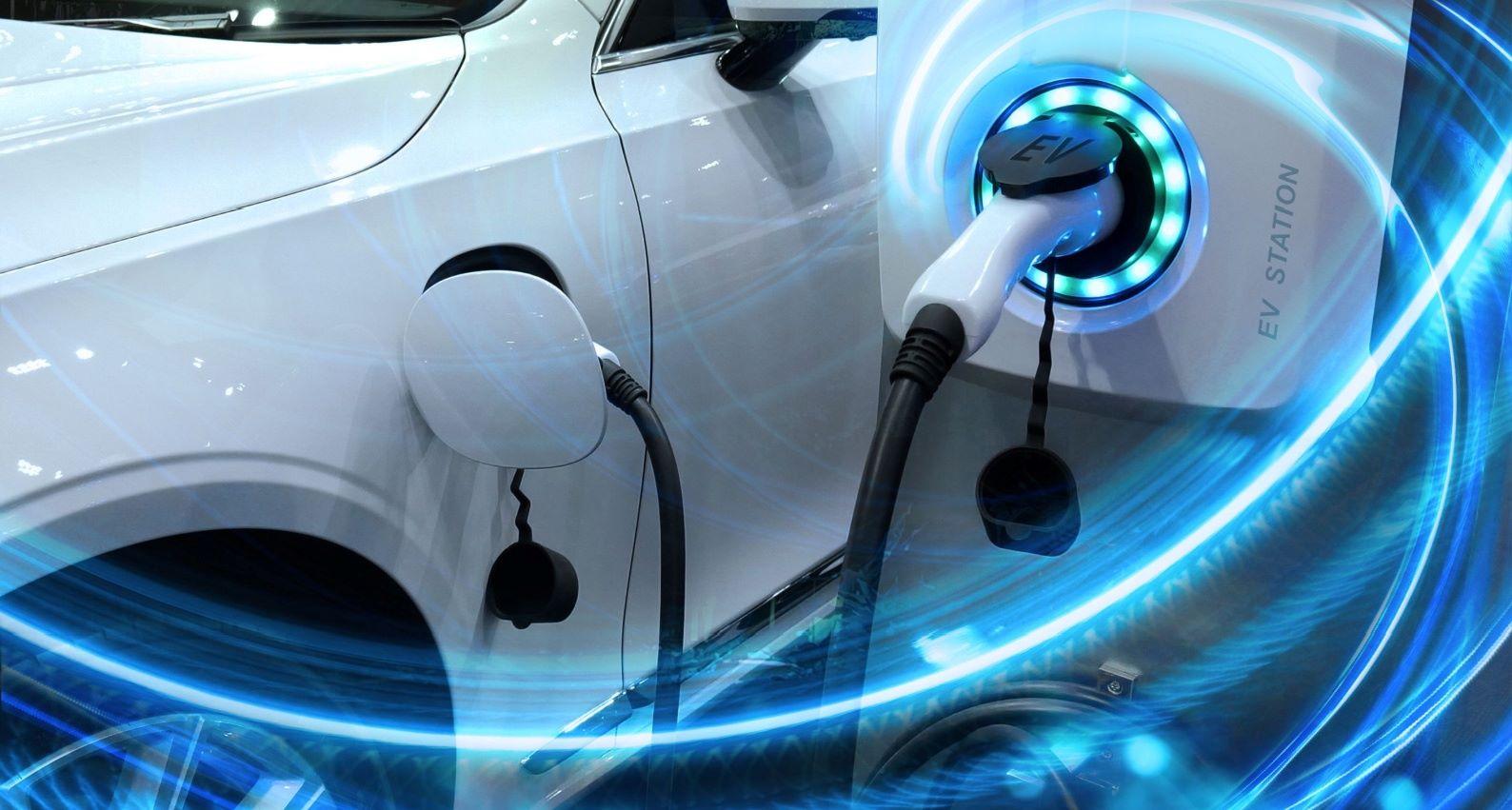India's New EV Policy: Attracting Foreign Players, Boosting Manufacturing
Published on 20 Mar, 2024

India unveils a new EV policy to attract foreign EV companies like Tesla and boost domestic manufacturing with tax breaks and local sourcing requirements. This aims to make India a major EV manufacturing hub and accelerate EV adoption.
Given India’s target of a 30% EV adoption rate by 2030 to minimize GHG emissions and dependence on imported non-renewable fuels, the government has implemented a new EV policy. The goal of the initiative is to position India as the next EV manufacturing powerhouse.
Currently, the EV passenger car segment is dominated by Indian giants such as Tata Motors and Mahindra as well as some foreign players including MG, Kia, Hyundai, and BYD. The new policy will pave the way for more foreign players like Tesla, Nio, and VinFast to enter and expand in the Indian market systematically and contribute to the ‘Make in India’ scheme.
Under the new policy, the Government has announced the following key initiatives to encourage foreign EV players:
- Reduction in customs duty: OEMs would be levied a reduced customs duty of 15% on vehicles of minimum CIF value of $35,000 and above for five years subject to them investing at least $500 million to set up manufacturing facilities in India within three years.
- Domestic value addition: OEMs would be required to achieve 25% localization by the third year of manufacturing in India and increase it to 50% by the fifth year. This move would help create a strong EV ecosystem in the country.
This policy is expected to foster healthy competition in the Indian EV market and would be a significant step towards accelerating the adoption of advanced technologies and boosting innovation in India’s automotive industry. The localization norm would not only enable domestic EV component companies to thrive but also entice foreign companies to establish manufacturing bases in the country.
